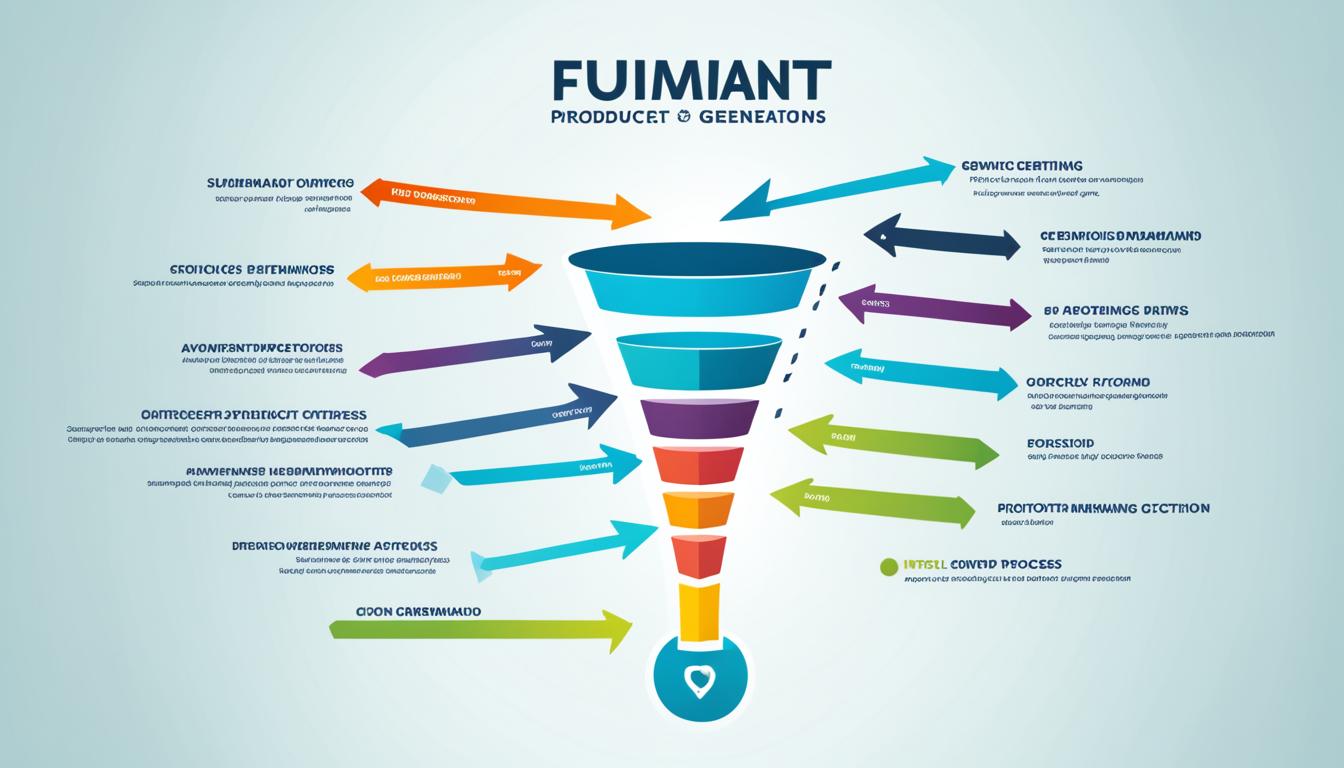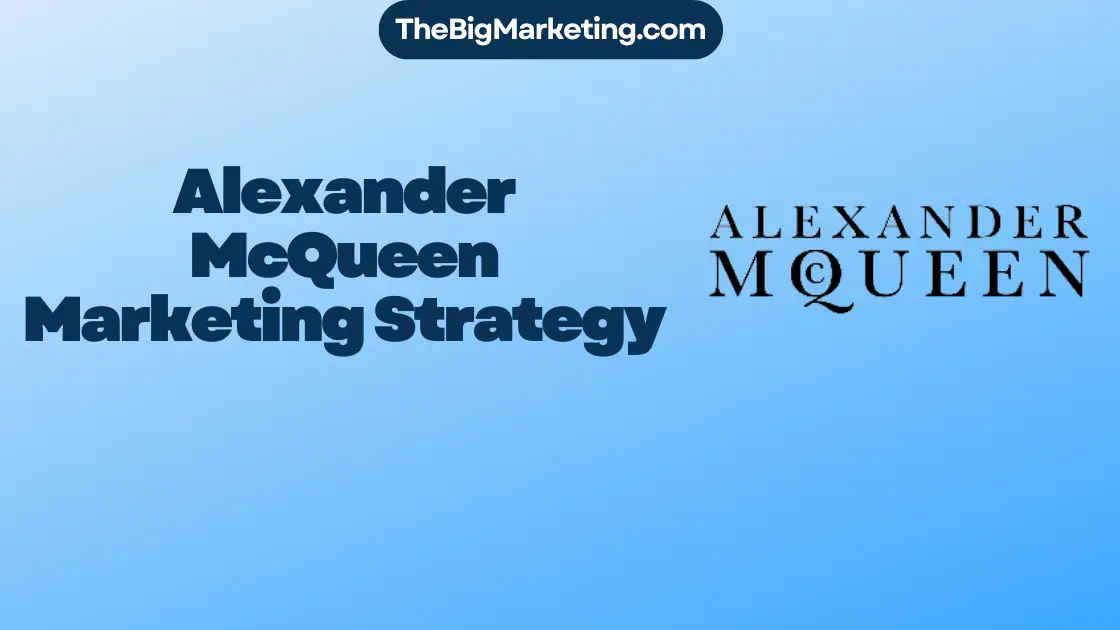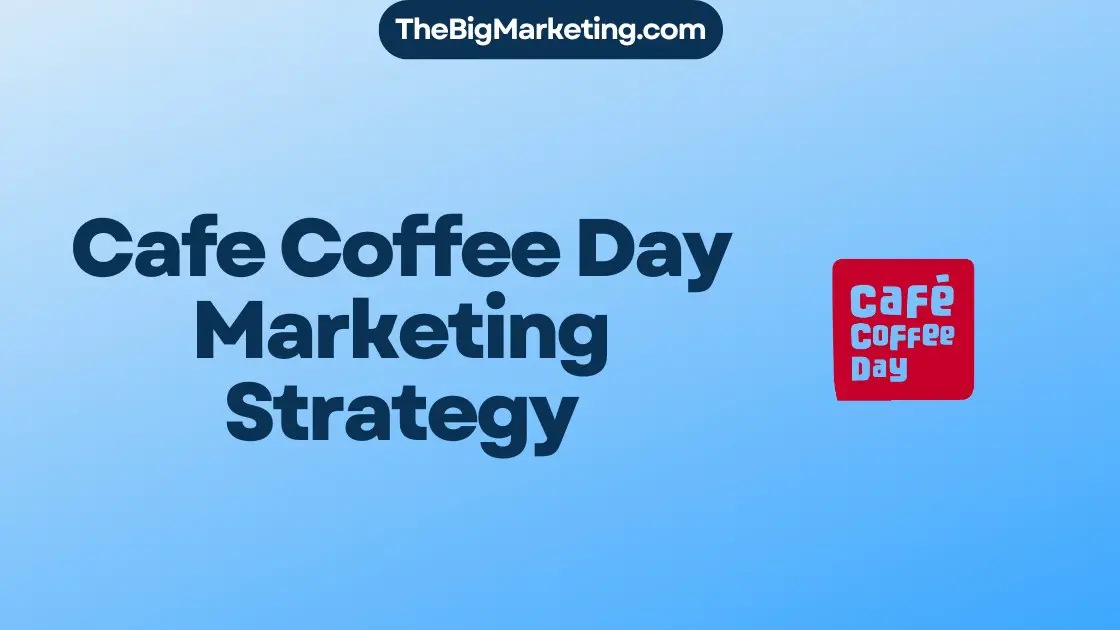A marketing specialist plays a crucial role in developing and implementing effective marketing strategies to drive business growth. They are experts in their niche and bring expertise in various areas such as market analysis, digital advertising, competitor research, consumer behavior analysis, marketing campaigns, branding initiatives, and social media management.
Marketing specialists are responsible for conducting in-depth market analysis to identify target audiences, assess market trends, and understand consumer behavior. This analysis informs the development of strategic marketing initiatives that resonate with customers and drive sales.
They also play a pivotal role in crafting compelling marketing campaigns that effectively communicate brand messages and reach the target audience through various channels. This entails brainstorming creative ideas, developing engaging content, and coordinating marketing activities to achieve campaign objectives.
In addition, marketing specialists conduct thorough competitor research to evaluate market positioning, identify industry trends, and stay ahead of the competition. This knowledge helps them develop strategies that differentiate their brand and maximize market share.
Furthermore, they analyze consumer behavior data, such as purchasing patterns and response to marketing efforts, to gain insights into customer preferences and optimize marketing strategies accordingly.
Marketing specialists also oversee branding initiatives to ensure consistent brand messaging and visual identity across different marketing channels, both online and offline. They work closely with design teams and copywriters to maintain brand consistency and elevate brand awareness.
Finally, marketing specialists are responsible for managing social media platforms and implementing social media strategies to engage with customers, build brand loyalty, and drive website traffic.
Key Takeaways:
- A marketing specialist specializes in a specific area of marketing and brings expertise in market analysis, digital advertising, competitor research, consumer behavior analysis, marketing campaigns, branding initiatives, and social media management.
- They conduct market analysis to identify target audiences, assess market trends, and understand consumer behavior.
- They develop and implement marketing strategies to drive business growth.
- Marketing specialists play a crucial role in crafting compelling marketing campaigns, conducting competitor research, analyzing consumer behavior, overseeing branding initiatives, and managing social media platforms.
- They are essential for developing effective marketing strategies, maximizing brand awareness, and driving customer engagement.
How Can You Become a Marketing Specialist?
To become a marketing specialist, there are several pathways you can take to establish yourself in this field. Here are some steps you can follow:
- Educational Foundation: Begin by pursuing a marketing-related education. A bachelor’s degree in marketing, business, or advertising is typically preferred by employers. This foundational knowledge will provide you with a solid understanding of marketing principles and strategies.
- Gaining Experience: While pursuing your education, seek opportunities to gain practical experience. This can be through internships, volunteering, or even freelance work. Look for entry-level marketing positions or specialist roles in larger companies to start building your experience in the field.
- Specialize and Upskill: As you gain experience and exposure to different areas of marketing, you can start narrowing down your focus and specialize in a specific aspect of marketing that interests you. Consider pursuing specialized degrees, certifications, or attending workshops and training programs to enhance your knowledge and skills in your chosen niche.
- Continuous Learning: Marketing is a dynamic field that constantly evolves. It’s important to stay updated with the latest industry trends, changes in consumer behavior, and emerging marketing strategies. Attend industry conferences, read marketing publications, and participate in online courses to stay ahead of the curve.
- Networking: Building a strong professional network can open doors to new opportunities and collaborations. Attend industry events, join marketing associations, and connect with professionals in the field. Engaging in informational interviews and seeking career guidance from established marketing specialists can provide valuable insights and guidance on your career path.
- Career Advancement: As you accumulate experience and expertise in your chosen marketing specialty, you can aim for higher-level positions such as manager, senior manager, or director. Demonstrate your skills, experience, and achievements to showcase your value as a marketing specialist. Consistently deliver results, take on leadership roles, and pursue advanced certifications to enhance your career prospects.
By following these steps and continuously investing in your professional growth, you can pave the way to becoming a successful marketing specialist. Remember, experience, education, specialization, and continuous learning are key factors in advancing your marketing career.
The Pros of Becoming a Marketing Specialist
There are several benefits of being a marketing specialist that make it an attractive career choice. By specializing in a specific area of marketing, you have the opportunity to develop deep expertise and knowledge in your niche. This expertise allows you to become a go-to resource within your company for your particular area of focus, which can lead to increased visibility and influence.
One of the key advantages of being a marketing specialist is the potential for career growth. As you gain experience and demonstrate your expertise, you open doors to advancement opportunities within your organization. Marketing leaders value specialists who bring specialized skills and knowledge to the table, and this recognition can lead to promotions and greater responsibilities.
Additionally, being a marketing specialist can bring industry recognition. By establishing yourself as an expert in your field, you can gain credibility and respect among your peers. This recognition can lead to speaking engagements, thought leadership opportunities, and the chance to network with other professionals in your industry.
Benefits of Being a Marketing Specialist:
- Opportunity to focus on your area of interest within marketing
- Development of deep expertise and specialized knowledge
- Potential for increased visibility and influence within your organization
- Career growth opportunities and potential for advancement
- Industry recognition and opportunities for thought leadership
Overall, becoming a marketing specialist offers numerous benefits, including the ability to specialize in your passion, gain expertise, advance in your career, and gain recognition within the industry. It’s a rewarding career path for those with a strong passion for marketing and a desire to become experts in their chosen field.
The Cons of Becoming a Marketing Specialist
While there are many advantages to becoming a marketing specialist, it’s also important to consider the potential challenges that come with this role. Below, we explore some of the drawbacks that marketing specialists may encounter:
Limited Control
As a marketing specialist, you may have limited control over the overall marketing strategy and decision-making process. Your focus will primarily be on your specific area of specialization and you may not have the ability to influence or contribute to broader marketing functions. This can sometimes lead to a lack of control and a narrower scope of influence.
Knowledge Gaps
Specializing in one area of marketing means that you may have limited exposure and knowledge in other aspects of the field. This can result in gaps in your understanding of the broader marketing landscape. It’s important to be aware of these knowledge gaps and continuously seek opportunities to expand your skills and broaden your expertise.
Growth Potential Limitations
Another challenge of being a marketing specialist is that narrowing your focus can limit your career growth potential. Advancing to higher-level positions within the marketing field may require a broader skill set and a more comprehensive understanding of multiple marketing disciplines. Without a broader knowledge base, you may face limitations in terms of career advancement and potential salary growth.
Risk of Specialization
Lastly, there is a risk associated with specializing in a particular area of marketing. Over time, certain areas of specialization may become less relevant or even obsolete. Technological advancements, shifts in consumer behavior, and changes in industry trends can all impact the demand for specific marketing specialties. It’s important to stay informed and adaptable to mitigate the risk of specialization becoming less valuable in the future.
While these challenges exist, they should not overshadow the potential benefits and opportunities that come with being a marketing specialist. By staying proactive, continuously learning, and strategically adapting, marketing specialists can navigate these challenges and thrive in their chosen area of expertise.
Should You Be a Specialist? How to Decide
Deciding to become a marketing specialist is a significant career choice that requires careful consideration. It’s important to evaluate your skills, interests, and long-term goals before committing to a specific specialty. Here are some steps you can take to help you make an informed decision:
1. Start with a General Marketing Role
Before diving into a specialized marketing career, consider starting with a general marketing role. This will give you exposure to different areas of marketing and help you identify which aspects you enjoy the most. By gaining diverse experience, you can better understand the various specialties within marketing.
2. Seek Career Guidance
Reach out to professionals who are already working in specialized marketing roles. Conduct informational interviews to gain insights into their day-to-day responsibilities, challenges, and rewards. Their firsthand experience can provide valuable guidance and help you determine if a specific specialty aligns with your skills and interests.
3. Conduct Specialty Research
Research different marketing job descriptions to gain a better understanding of the responsibilities involved in various specialties. Look for roles that align with your strengths and passions. This research will help you assess the demand, growth potential, and future prospects of different marketing specialties.
By following these steps, you can weigh the pros and cons of becoming a marketing specialist and make an informed decision about your career path. Remember, it’s important to choose a specialty that aligns with your skills, interests, and long-term goals for a fulfilling and successful marketing career.
| Pros | Cons |
|---|---|
| Opportunity to specialize in an area of interest | Limited control over the bigger marketing picture |
| Potential for career growth and industry recognition | Knowledge gaps in other parts of marketing |
| Ability to become an expert in your niche | Limitations on growth potential |
| Visibility and influence within your company | Risk of specialization becoming obsolete |
Remember, every career has its pros and cons. It’s important to carefully consider your own goals, interests, and skills when deciding whether to become a marketing specialist. With the right research, guidance, and self-reflection, you can make an informed decision that aligns with your aspirations.
Responsibilities of a Marketing Specialist
A marketing specialist plays a crucial role in driving successful marketing initiatives. Their responsibilities span various key areas, including market research, creative marketing campaigns, inbound and outbound marketing activities, coordination of promotional events, brand management, target audience outreach, and marketing data analysis.
Market research is a fundamental aspect of a marketing specialist’s role. They gather valuable insights into consumer requirements, preferences, and emerging trends. By conducting comprehensive market research, the specialist helps inform marketing strategies and identify opportunities for growth and innovation.
Brainstorming and developing ideas for creative marketing campaigns is another vital responsibility. Marketing specialists work closely with cross-functional teams to devise engaging and impactful campaigns that resonate with target audiences. They harness their creativity and industry knowledge to develop compelling messages and visuals that capture the attention of customers.
Inbound and outbound marketing activities are core components of a marketing specialist’s role. These activities encompass a wide range of tactics, including content creation, email marketing, social media management, search engine optimization, online advertising, and public relations. By executing and optimizing these activities, marketing specialists help generate leads and drive conversions.
Coordinating promotional events is an integral part of a marketing specialist’s job. They strategize, plan, and execute events such as product launches, trade shows, conferences, and webinars. They ensure seamless coordination with internal and external stakeholders, manage logistics, and deliver impactful experiences that enhance brand exposure and customer engagement.
Collaboration with marketing and other professionals is essential for a marketing specialist. They work closely with cross-functional teams to align marketing efforts with overall business objectives. They collaborate with graphic designers, copywriters, web developers, and others to ensure consistent brand messaging and visual identity across various channels.
Target audience outreach is a critical responsibility for marketing specialists. They analyze target demographics and develop strategies to reach the intended audience via different touchpoints. This may involve deploying targeted advertising campaigns, leveraging influencer partnerships, or implementing personalized marketing approaches to maximize engagement.
Analyzing marketing data is an important task performed by marketing specialists. They examine campaign performance metrics, customer feedback, and market trends to gain insights and inform future marketing strategies. By leveraging data analysis tools and techniques, they make data-driven decisions, optimize marketing efforts, and continuously improve campaign effectiveness.
How to Become a Marketing Specialist – Education and Skills
To become a marketing specialist, several requirements must be met. First and foremost, a marketing-related degree, such as marketing, business, or advertising, is generally required. Possessing a thorough understanding of marketing elements and concepts is crucial for success in this field. Additionally, knowledge of market research methods is essential for conducting accurate and insightful analysis.
Proficiency in marketing data analytics and relevant tools is highly beneficial. Marketing specialists must be able to interpret and draw meaningful insights from data to inform strategic decisions. Therefore, honing analytical skills is vital.
Strong computer skills are a must for marketing specialists. This includes not only proficiency in standard office software but also familiarity with specialized marketing software and applications. The ability to navigate various digital platforms and effectively leverage technology is essential for success in this digital age.
Exceptional communication and writing skills are crucial for effective marketing communication. Marketing specialists must be able to convey ideas clearly, both orally and in written form. They must have the ability to craft compelling messages that resonate with the target audience. Writing persuasive copy, engaging social media posts, and well-crafted marketing materials are all part of the job.
Commercial awareness is also one of the desired qualities in a marketing specialist. Understanding market trends, consumer behavior, and the competitive landscape is essential for developing successful marketing strategies. Being able to adapt to changes and stay ahead of industry developments is crucial for staying competitive.
A creative mindset is another attribute that marketing specialists should possess. The ability to think outside the box, come up with innovative ideas, and create unique marketing campaigns can set a specialist apart from the competition. Having a keen eye for design and aesthetics is also beneficial for creating visually appealing marketing materials.
In summary, to become a marketing specialist, it is important to have a marketing-related degree, a thorough knowledge of marketing concepts and market research methods, proficiency in marketing data analytics and computer skills, exceptional communication and writing skills, commercial awareness, and a creative mindset.
| Requirements to become a marketing specialist |
|---|
| Marketing-related degree |
| Thorough understanding of marketing concepts |
| Knowledge of market research methods |
| Proficiency in marketing data analytics and relevant tools |
| Strong computer skills |
| Exceptional communication and writing skills |
| Commercial awareness |
| Creative mindset |
Professional Certifications for Marketing Specialists
Aspiring marketing specialists have the opportunity to enhance their skills and showcase their expertise through professional certifications. These certifications not only provide valuable knowledge but also demonstrate a commitment to professional development and a dedication to staying up-to-date with the latest industry trends. Here are some notable certifications that can help marketing specialists advance in their careers:
American Marketing Association Certifications
The American Marketing Association (AMA) offers a range of certifications in various areas of marketing. One popular certification is the Professional Certified Marketer (PCM) program, which covers key marketing competencies, including marketing strategy, analytics, digital marketing, and content marketing. The PCM certification is recognized by employers and can help marketing specialists stand out in the job market.
Google Certifications
Google offers a variety of certifications that are highly regarded in the marketing industry. The Google Ads certification is particularly valuable for marketing specialists involved in digital advertising campaigns. This certification validates expertise in Google Ads, including campaign setup, management, and optimization. Additionally, Google Analytics certification is beneficial for marketing specialists who work with website analytics and data-driven marketing strategies.
Interactive Advertising Bureau Certifications
The Interactive Advertising Bureau (IAB) provides certifications for professionals in the digital advertising industry. These certifications cover topics such as digital media sales, buying, and planning. The certifications offered by IAB can give marketing specialists a competitive edge and demonstrate their proficiency in digital advertising strategies.
Other Professional Certifications
In addition to the certifications mentioned above, there are several other professional certifications that marketing specialists can pursue. Social media platforms like Facebook and Twitter offer certifications that focus on social media marketing strategies and advertising. Certifications in content marketing, search engine optimization (SEO), and email marketing are also available from reputable organizations and can further enhance a marketing specialist’s skill set.
Obtaining professional certifications not only provides marketing specialists with valuable knowledge and skills but also demonstrates their commitment to continuous learning and professional growth. These certifications can open doors to new career opportunities and help marketing specialists advance in their chosen field. Employers often value certified professionals for their specialized knowledge and expertise, making professional certifications a valuable asset for career advancement.
Whether it’s AMA certifications, Google certifications, or certifications from other reputable organizations, marketing specialists can benefit immensely from these credentials. They not only expand their knowledge base but also enhance their credibility and marketability in an industry that is constantly evolving.
| Certification Provider | Certification Offered |
|---|---|
| American Marketing Association | Professional Certified Marketer (PCM) |
| Google Ads certification | |
| Google Analytics certification | |
| Interactive Advertising Bureau | Digital media sales, buying, and planning certifications |
| Facebook Blueprint certification | |
| Twitter Flight School certification | |
| Other Reputable Organizations | Specialized certifications in content marketing, SEO, email marketing, etc. |
Conclusion
In conclusion, becoming a marketing specialist can be a rewarding career choice. It offers the opportunity to specialize in a specific area of marketing, allowing individuals to become experts and gain in-depth knowledge and skills. Additionally, marketing specialists have the potential for career growth and industry recognition, as their expertise is highly valued by marketing leaders.
However, it is important to carefully consider personal interests, skills, and career goals before deciding to become a marketing specialist. Starting in a general marketing role and gaining experience can provide a solid foundation for specialization. Ongoing learning and staying updated with industry trends and advancements are also crucial for success in this dynamic field.
Overall, while there are pros and cons to consider, individuals who are passionate about marketing and enjoy diving deep into a specific niche can find great fulfillment and opportunities as marketing specialists, making a lasting impact in the industry.




